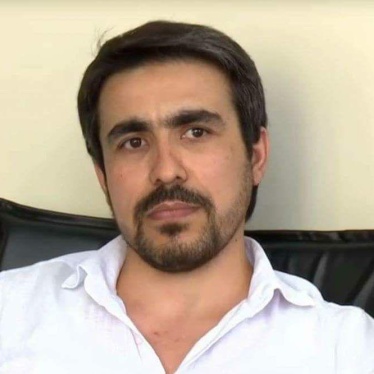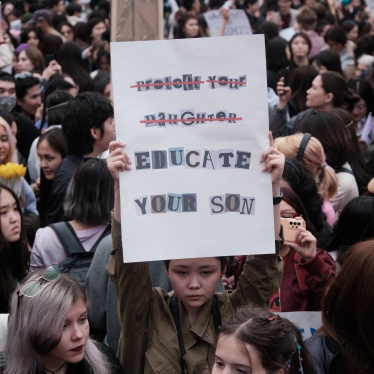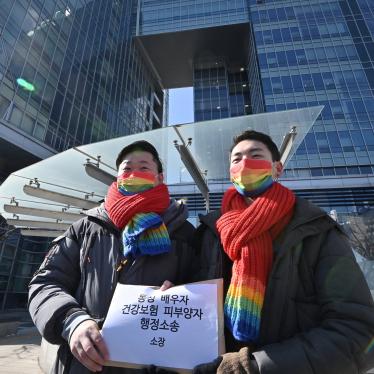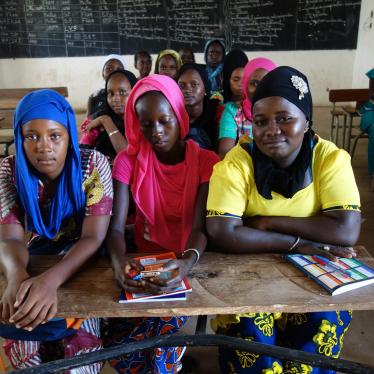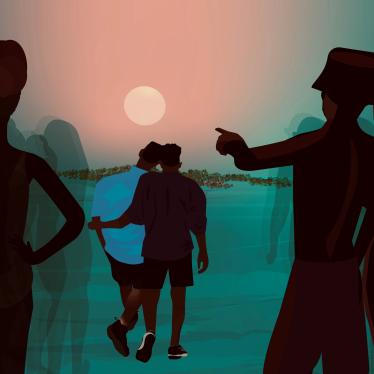Two years ago, Tajik authorities cracked down on protesters in an autonomous region of the country, resulting in the death of a local man by what witnesses reported was live ammunition from security forces. In the next couple of days, police reportedly killed up to 40 people from the area during so-called security operations.
These events were a turning point for an already troubled region.
The protests began peacefully on May 16, 2022, in Khorog, the capital of the Gorno-Badakshan autonomous region (GBAO), with people demanding an end to harassment and alleged persecution of local people by Tajik authorities.
Over the next two days, police blocked and dispersed protesters using rubber bullets and teargas, reportedly with excessive force. Police also carried out killings and arbitrarily detained and tortured more than two hundred protesters and local people, who were prosecuted behind closed doors.
There has been no accountability for the crackdown on protesters, which authorities called an “anti-terrorism operation.”
At least six civil society activists who stood up for the rights of the Pamiris, a culturally, religiously, and linguistically distinct ethnic minority living in the region that has been historically persecuted by authorities, are still imprisoned.
They include Ulfatkhonim Mamadshoeva, a 67-year-old independent journalist and civil rights activist sentenced to 21 years in prison on charges of conspiring against the state and organizing the protests, and Manuchehr Kholiqnazarov, director of the Lawyers Association of Pamir, sentenced to 16 years on charges of participation in a criminal organization.
Since the protests, Pamiris have reportedly been prohibited from speaking their languages in public and from hosting prayer meetings in their homes. At a high-level UN meeting, Tajikistan’s justice minister, Muzaffar Ashuriyon, denied that the Pamiris are a distinct ethnic minority. Hundreds of nongovernmental groups in the region and the country have been forced to close.
The international response to the crisis has been relatively muted. In July 2022, the European Parliament and in December 2022, Mary Lawlor, the UN special rapporteur on the situation of human rights defenders, called on the Tajik authorities to investigate the clashes in GBAO. But more is needed.
Despite reports of Tajikistan's increased involvement in transnational repression, there are signs of growing security cooperation between certain EU members and Türkiye with Tajikistan.
It is imperative that Tajikistan’s international partners remember the May 2022 events in Khorog and demand accountability from Tajik authorities.


